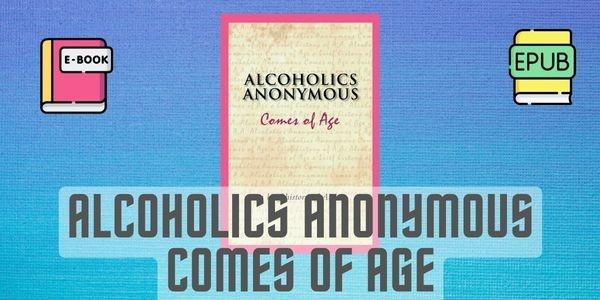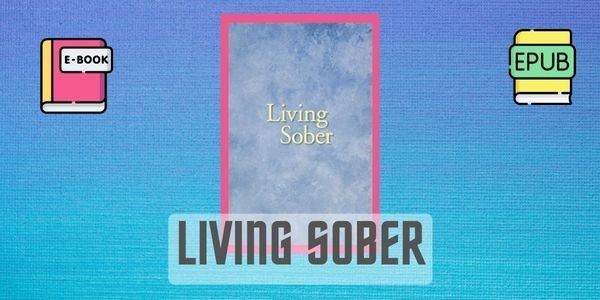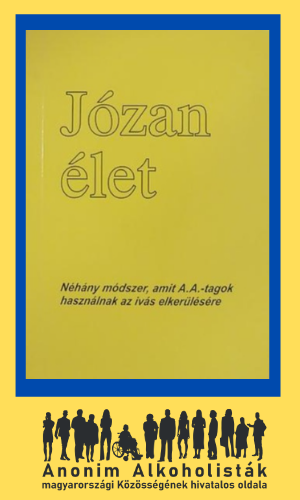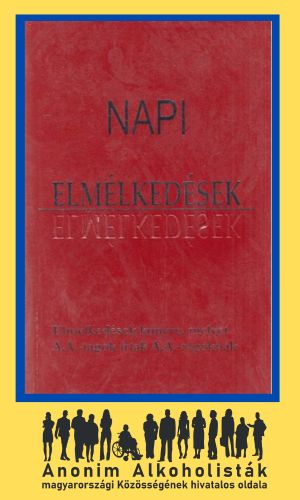The drug treatment home programme:
The Ráckeresztur Home, which sees itself as a drug-free community, provides professional and human support to those who apply for it. As a drug-free community, it is a place of service and support. Residents can choose to overcome their addictions with the support of the staff and the therapeutic community. Our goal is to develop not only a drug-free lifestyle, but a self-sustaining, fulfilling, substance-free lifestyle. Our staff's supportive attitude is framed by a Rogersian non-directivity, a solution-seeking approach to positive psychology and a Christian values approach. The main values are love, respect and acceptance, which the staff transmit to the residents.
The pillars of therapy:
1. Christian programme
1.1. The home is created and run by Christian people. Our Christian programme reflects the natural way of life and values of the staff. Evening devotions, Sunday services, weekly Bible study, prayer at mealtimes provide a framework for living out faith.
2. Self-help elements
Addicts are cured when they can convince themselves - that's what treatment is all about, and that's what we help them to do.
3. Employment, occupational therapy
Housework, gardening and gardening are carried out by the residents themselves, there are no technical staff.
4. Highly structured community life
Wake-up call at 6.30 a.m., group work after breakfast, followed by 3.5 hours of work, group work after lunch, followed by two seminars in the afternoon, and after dinner the evening meeting, which starts with a devotional, and is a self-reflective sunset group. Finally, supervision with the group leaders of the day. At half past ten, the lights go out.
Spiritual care and therapeutic conversations individually and in groups as part of the community programs. Regular consultations are held with relatives. In the summer, the residents of the adult and adolescent wards can take part in three different outings that support therapeutic goals and provide community recreation. Adults spend a week each on cycling and canoeing trips, as well as on quiet days. Teenagers take part in a nomad camp, canoeing and also a spiritual week.
Specificities of the adolescent section
Therapy in the teenage section takes into account the specificities of childhood and adolescence. Here, instead of occupational therapy, we provide classroom-based education. Our aim is to stimulate interest in school, develop competence, experience a sense of achievement and reintegration. We liaise with the school, class teacher and head teacher of the person in our care, inform them about exam requirements, if applicable, and give them time, opportunities and tutorial support to prepare. On exam days, we organise transport to the exam. Lessons are held in mini groups and/or individually in parallel, in groups, according to the professional manual for the treatment of adolescents with problems. In the mini groups we work with visual techniques, interactive, playful exercises and experiential pedagogical methods.
In addition to the lessons, daily psycho- and socio-therapeutic sessions (self-awareness, art therapy, sports, competence development, relaxation, imagination, creative, relapse prevention, etc.) are organised. From wake-up to lights out, group, small group and individual consultations and development sessions are ongoing, and leisure time is guided. There is no television in the institution. A film club is organised to complement emotional education.
We hold regular groups of relatives to share information, provide counselling and support.
Who is considered to have closed the programme?
Someone who has successfully completed therapy, is able to self-reflect, has a job (school) and housing, has developed a supportive relationship with their immediate family where possible, has found a link with the local church or other supportive environment.
Options for aftercare
We do not let go of our clients once therapy has ended. To help maintain contact and stay sober, we offer a weekly aftercare group in Budapest and Dunaújváros. Every year we organise the "Old Boys' Meeting" in Ráckeresztúr, where we welcome all our former residents who are on abstinence, together with their families, of course. Our former clients often come back to visit us - to recharge their batteries or to gather strength - and we also keep in touch with our former residents via a closed Facebook group, e-mail and telephone.
Back into society: supported housing service
Most people recovering in rehabilitation homes do not have a supportive family background, and most leave a circle of substance-using friends in their original place of residence - returning there would increase the chances of relapse. Supported housing services help addicts to re-socialise and prevent relapse. This is not just about financial support: it continues to provide a sheltered supportive environment and a therapeutic background for residents who complete the programme. There are conditions for accessing the service, and residents must comply with certain rules of conduct. The stable community background and orderly living arrangements give clients the opportunity to consolidate newly acquired skills and maintain abstinence.
Family Counselling and Training Centre
Ráckeresztúr, Dózsa Gy. u. 4.
In addition to therapeutic activities, we run a Family Consultation and Training Centre in Ráckeresztúr. The centre is located at Dózsa Gy. u. 4. and offers accredited drug prevention training for teachers and social workers, as well as accredited Portage training for social workers, which includes the therapeutic manual of the Canadian rooted developmental life program used in our home.
Drug Mission Links
We are in close professional contact with other institutions of the Reformed Drug Mission: the Clean Community House, which provides drug prevention services, the alcohol and drug-free ADNA Café in Budapest, and the Válaszút Mission, which provides pre- and aftercare in the capital, and the Újváros Drug Outpatient Clinic in Dunaújváros.
Our mission is to show people in the grip of addiction that sobriety is a tool to build a more fulfilling life, and to develop the skills to do so, accompanying them through this difficult phase of their lives.
As Christians, we see it as our mission, through our personal lives and our example, to make God's liberating gospel a practical reality in the lives of those who come to us for help.







































